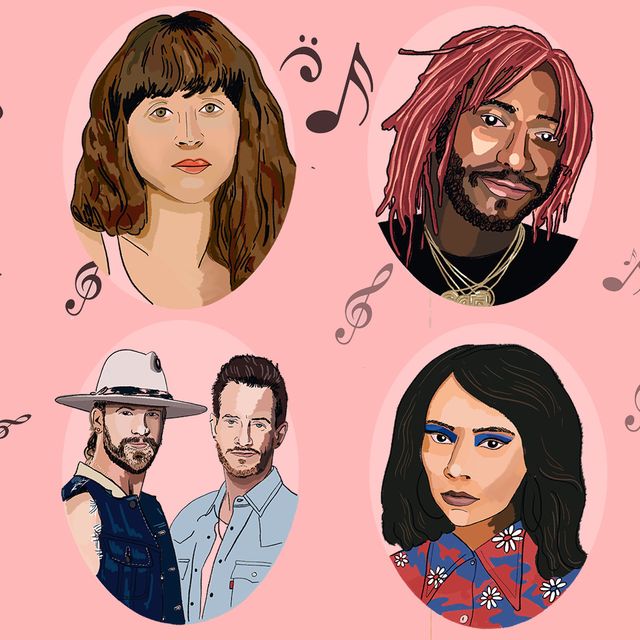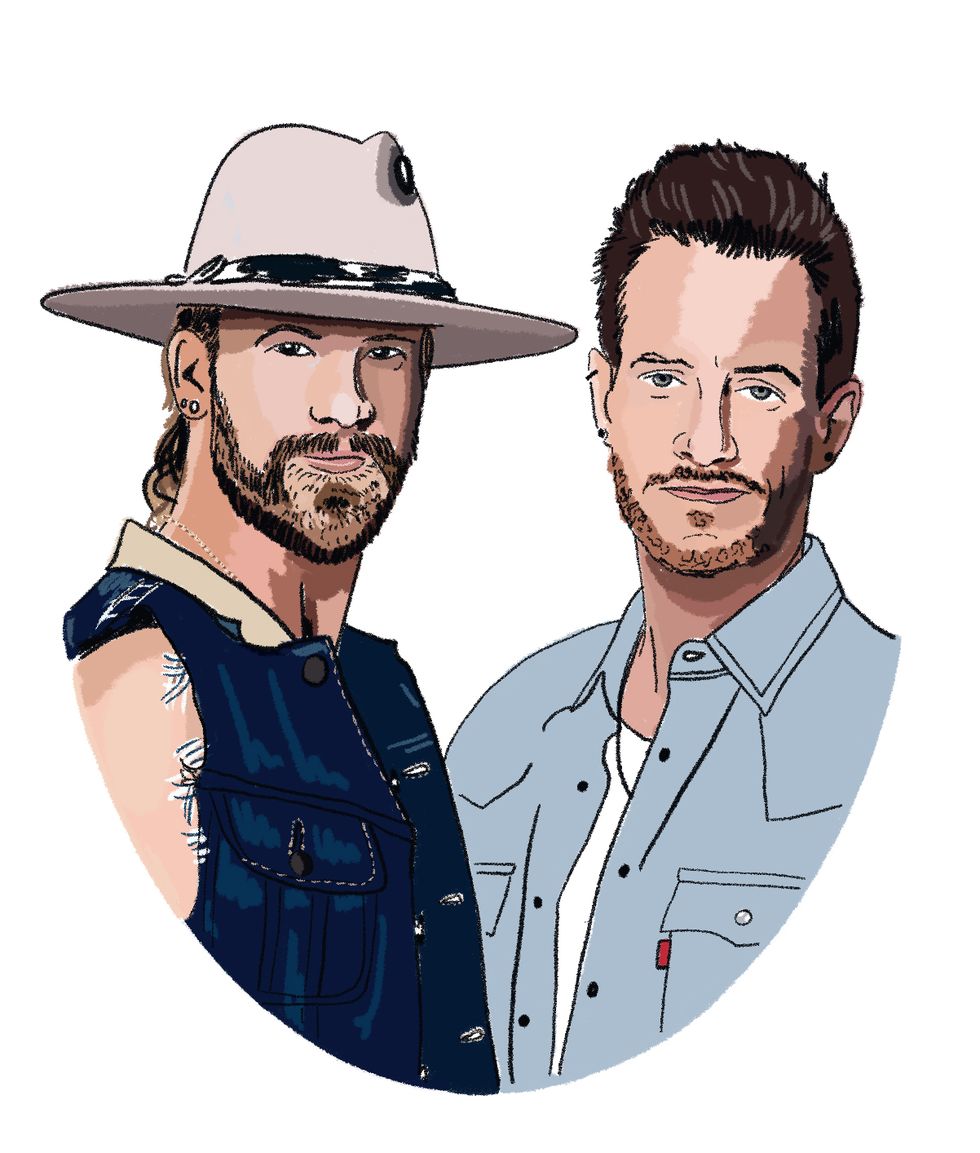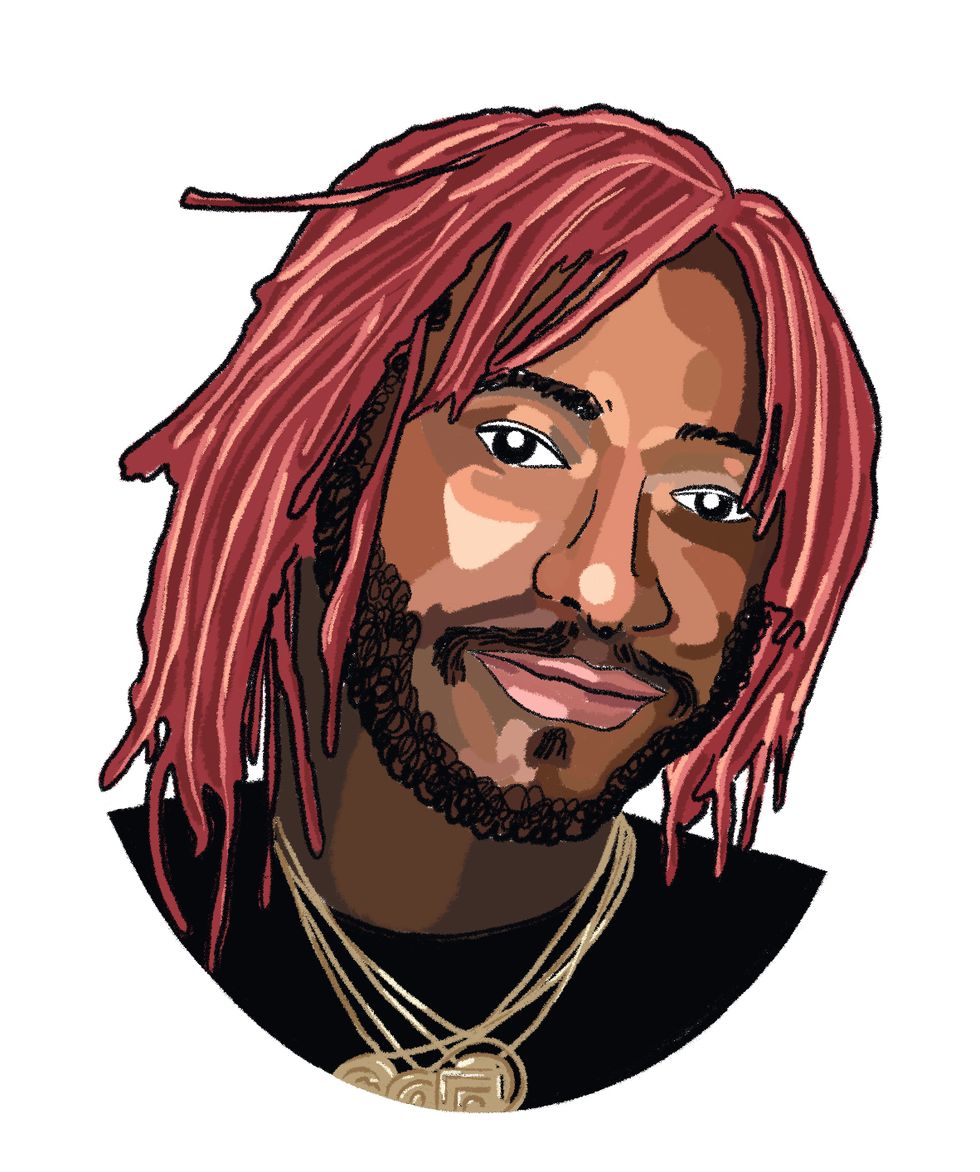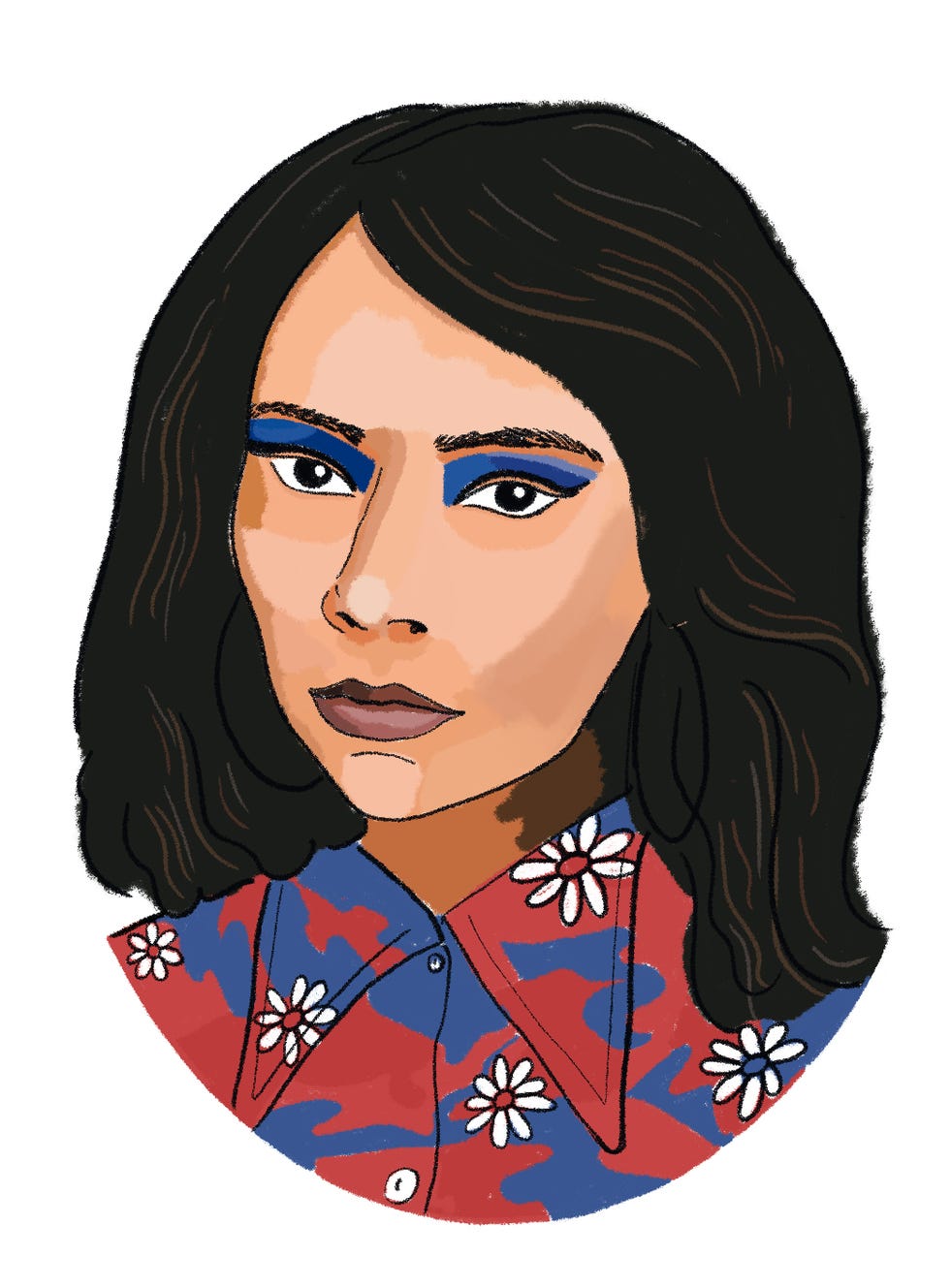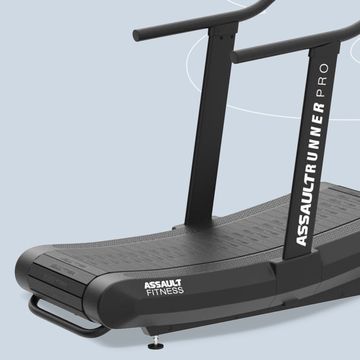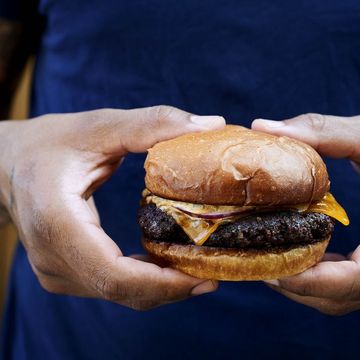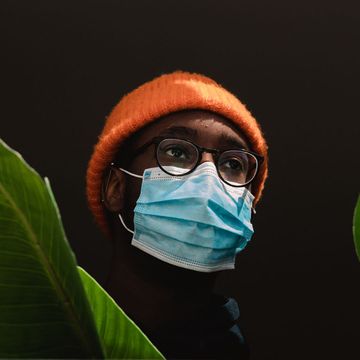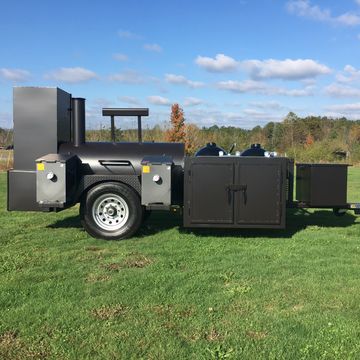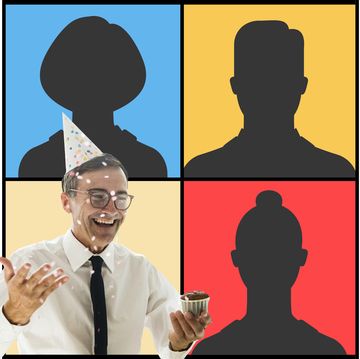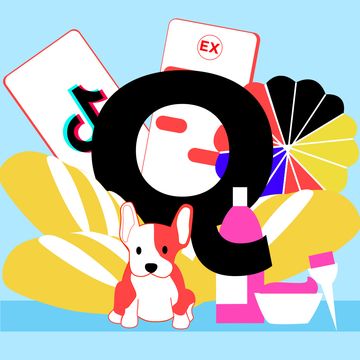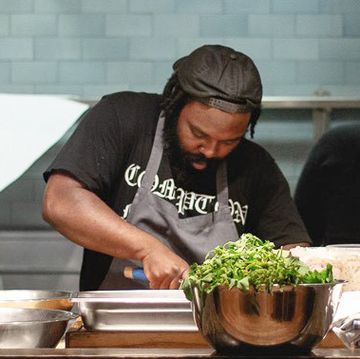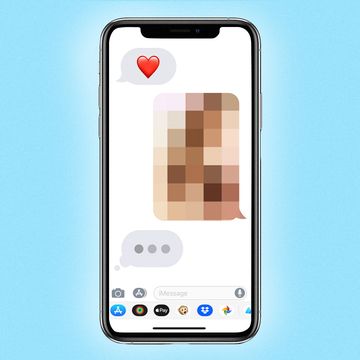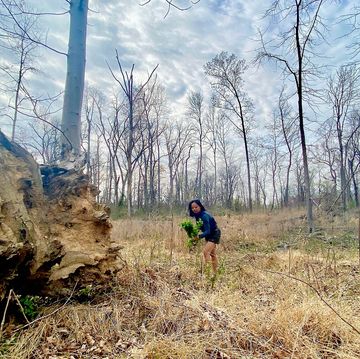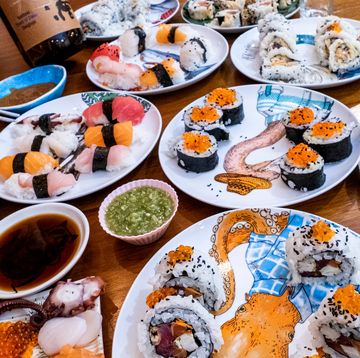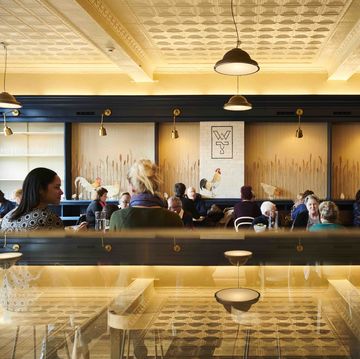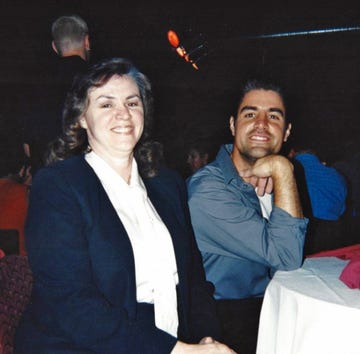The music industry, like much of the world, is at a standstill. Coronavirus has halted the professional lives of touring musicians. And while fans might be missing the creative, communal atmosphere of live music, the musicians themselves are missing out on a vital part of their livelihood.
With the cancellation of music festivals and tours put on indefinite hold, artists—from international touring giants to emerging indie acts—are struggling to figure out what to do without the ability to reach fans in person or sell tickets.
We reached out to four musicians from different corners of the industry who have put tours and album release cycles on hold to talk about what this means for their careers and their finances.
These interviews have been condensed and lightly edited for clarity.
Florida Georgia Line
Interviewed By Madison Vain
Few acts tour on the scale of Tyler Hubbard and Brian Kelley, the two men who make up the powerhouse country duo Florida Georgia Line. Since the boom-thwack of their debut single “Cruise” sucker-punched airwaves in 2012—it’s the biggest selling single for the genre in the digital era and the first ever diamond-certified country song—they have headlined every room imaginable, playing for millions and millions of fans. (The size of their average show in 2019 was just under 19,000.) This coming summer, the act was slated to team-up with Kenny Chesney on his Chillaxification Tour where they’d hit 20 (!) stadiums across the United States.
Esquire: In 2019, you played for just under a million fans and as far away as Australia on your world tour. How are you wrapping your heads around a suddenly clear schedule of live dates?
Tyler Hubbard: We thrive and we get paid and feed our families on having large gatherings. But it's a no brainer that it's not smart to continue working right now. We're trying to find the silver lining and enjoy time at home with the family and really, try not to live in fear. We’re treating it like an extended snow day.
When your Nashville restaurant, FGL House, was forced to close, you generously gave each employee $1,000 to hold them over. What’s the scale of impact on the decision not to tour on your own personal lives as well as the lives of your crew?
T.H.: It affects everybody. It affects the fans. It affects our families. It affects, obviously, our bank account and what we're capable of and able to do. It also affects all of our employees. We have hundreds of people that rely on us to feed their family. It does get stressful, and you start to think about it. We can float [the operation] for a little while, but there will come a time where if we're not able to go to work, we will have to start laying people off and we will have to start reassessing how we do business. But at this point, we're just trying to stay positive. If we're all still and we're not running around trying to beat the system, the quicker we're all going to be able to move on with our lives and get back to the normal business.
A lot of fans are wondering how they can best support their favorite artists at this time.
Brian Kelley: All we want is human connection, whether you're an artist or a fan. So just staying connected and encouraging of the artist that hey, when you guys come back, we're still here. At times, we feel like if we stay at home too long then our fans are going to move on to the next new thing. That loyalty goes a long way in just giving us a peace of mind that even if it's next year or the year after, our fans are going to show up and they're going to show up more excited than ever.
People are wondering about just that: What it will be like when fans can return to attending live concerts? What do you think the future holds for your tours?
T.H.: Hopefully it's going to be a big old party. By then, everybody will have been cooped up and worked hard on getting this thing in the past and getting everybody healthy and working together. So I think we'll celebrate getting through it together.
Thundercat
Interviewed by Matt Miller
When I called Stephen Bruner, the bass virtuoso known as Thundercat, in the first week of the Coronavirus quarantine, he was at home, having cut short his national tour for his upcoming album It Is What It Is, due out on April 3. He was trying to stay positive. He’s been touring most of his life—and though musicians are used to the ups and downs of their careers—he told me he had never seen anything like this. He’s a Grammy winner (for his collaborations with Kendrick Lamar on To Pimp a Butterfly) and his first three solo albums were commercial and critical hits. But, he’s still trying to find the light in a dark time in the industry when his band packed things up in Minneapolis on March 14 and went their separate ways for the near future.
Esquire: What emotions did you go through after having to cut a tour short suddenly ahead of your new album?
Stephen Bruner: I've spent most of my life playing my instrument live. So naturally it does suck, because I really enjoy playing live and I enjoy that aspect of what I do. I'll probably start trying to get into creative mode a bit, but I think, yeah I'm just taking a moment to relax because it's still a lot, to be honest with you. To watch everything shut down the way it's shutting down—everybody trying to find ways to make sense of it. But I'm okay and I tend to calm down in moments like this, honestly. And I don't really panic a lot. I feel like, for the time when we start touring again, that it will be that much more fun and it'll be more of a story, it'll be faster and crazier.
How big a hit is it for you and those who work on the tour around you to postpone these shows? What is that ripple effect?
It's definitely a difficult one. Because [performing] live is definitely a major source of my income. It's very difficult for everybody that works around me too, because everybody depends on this as a source of income. But when you decided to do music, you definitely, at some point, have been broke before. I'm a musician. I've had ups and downs throughout my career, for sure. I'm used to this as a lifestyle. There's a part of me that's just like, emotionally, mentally, I'm prepared for moments like this. Financially, it's always a roller coaster. There would be times where you're just eating your emotions as compared to having a full meal.
What do you see as the long term effects this could have on you or other artists?
The truth is, people are not going to stop being creative and people are not going to stop sharing and giving. Music is not going to stop being made. Everybody thought that rock music was horrible, at one point. Everybody thought that jazz music was horrible, at one point. Everybody said that about that trap music. It's like every little change and nuance is that rebellious spirit that music exists in, it will still live on. Erykah Badu always told me that this isn't a race. The art is a service. It's something that we provide for each other. Something that we wield, that's not exactly just ours. So it's something that's going to be here and this is another open opportunity to create or take the time to reflect. When I was a kid, I didn't get paid to play. I played because I love making music. So that in itself is enough. It's like, that's why I create, so that's why I think of it the way I do, and there is no pressure.
Waxahatchee
Interviewed By Matt Miller
Katie Crutchfield will release Saint Cloud, her fifth album as Waxahatchee, on March 27. She rescheduled her headlining tour (which was supposed to kick off on April 10) to August. “It changes things for my financial situation,” she told me. “It's crazy. I mean like getting going into a big record release tour is a big investment and then you make all that money back quickly through touring.” And now, Crutchfield said, it’s “all a waiting game.”
Esquire: How does something like what we're going through with Coronavirus and COVID-19 impact artists in ways that fans might not be able to see?
Katie Crutchfield: I think the biggest one is financially. I was in a situation where I had a whole plan and everything was budgeted and everything was going to work out. And now this sort of puts everyone in a situation that’s like, "Oh shit, I don't know how this is going to work." Touring is a big part of my income but it’s different for touring crew. They go from one tour, to another, to another, to another. You go from, kind of having like your whole situation planned out to being like, okay, it could be six months before I work again. And people really have to go back to the drawing board in that regard. It's hard to plan right now, so I'm not. I'm just, you know, living life. We're all going to be living life very frugally, I'm sure. And just sort of just figuring it out as we go, you know? So yeah, it's crazy. If people want to support artists right now, they should be buying their merch directly from them. They should be buying their album on Bandcamp. I feel like that's a really good outlet because that money really goes to the artists. But that's a big one.
What are you doing now that you’re not prepping for a tour anymore?
Kevin [Morby, her partner and a musician in his own right] and I go on walks every day. But we're lucky we live in a place where we can go on these like long walks and really not see another person. We're spending some time together just like watching movies. Kind of doing the thing everybody's doing. Cooking together and stuff. But then, my whole mornings are spent sort of catching up on emails and calling people and reading and all of that stuff. He's definitely still working on music. I'm sure I would have to get back. I have a lot of new songs that I'm really excited about. The initial impact of all this stuff for me personally, I was really devastated and I'm trying now to find hope where I can and be positive. Eventually we'll all play music again. Eventually we'll all be playing shows again and it'll be okay. But my initial reaction was very sad and very, very upset. There was a whole grieving process that kind of happened. I just think now I've landed in a place of "I'm happy that my record's coming out" and I feel like it's a hopeful album. It has that energy and people need that right now kind of more than ever. I feel like people need music right now. I don’t really use Instagram, but last week Kevin and I had the idea of going live. For the most part it's very, very casual. We're just going to invite people into our living room. We're going to play some tunes, we're going to talk to people, we'll probably take some guests, our friends and also maybe some fans and yeah. Just like have fun with it.
What do you think is going to come of this for you, other musicians, and the wider industry?
My first instinct is to like work on stuff, work on music. Just to do what’s fulfilling to me and maybe that's one positive thing that'll come out of this. I will be reminded that I do this because I love making music. And maybe the money will dry up for a while or any of perks of it will dry up for a while and I'll just be left with my love of music for a little bit. Even when I was devastated about the tour, I kept feeling that people need music right now and I have new music to give them.I think that people are coming together and wanting to support each other and all of that stuff. I just think that I take comfort in the fact that like many of us are also going to be in the same exact situation and therefore we'll have these shared experiences.
Angelica Garcia
Interviewed by Matt Miller
When we talked when stay-at-home orders began becoming the norm in American cities, Angelica Garcia was staying with her mom in Long Beach, California. Just before Coronavirus hit the U.S., she was prepping to launch her biggest tour to date: a slot opening for Vagabon’s national run. But, when the tour got put on hold, it was a major setback for Garcia’s career, which had momentum from the release of her new album Cha Cha Palace. Shortly after the release of her album—her debut on indie label Spacebomb Records—she was gearing up for some high profile shows at South By Southwest, where she hoped to get national attention. But that too was canceled, and instead, Garcia is in L.A., half the country away from her waitressing job in Richmond, Virginia, where she rents a place with another roommate.
With SXSW and the tour opening for Vagabon shelved right after the release of your album, what did that do for all the momentum you had going in your career?
It was definitely a bummer because my album just came out at the end of February. For a long time I'd go book my shows and then be really bummed because I couldn't refer people to an album because it wasn't done yet. So I was really looking forward to performing shows and being able to go, "And here's the album." That's four years of work on something and then it's kind of like working on something and not getting to do the big send off. Going out with Vagabon was going to be super cool because I feel like she has a great following. And I feel like just following her would've been an opportunity to reach more fans and more people that didn't know who I was.
What does this mean for you financially?
It's scary because other than this, I have a waitressing job. I took the time to go on tour. I made a plan to go on tour. So, that's why I decided to stay here because that time off work was taken anyway. I feel like I'm still processing all the little tiny parts of it. There's a lot of planning, there's a lot of income that isn't going to be made. I'm a relatively new artist. So I feel like a lot of tours that I have been on or dates that I go, in the beginning, it's kind of like you're cool if you break even. You have to spend money to get to these places. But people are still finding out who you are. So, for me, I feel like the cost of what I would have made to play a night at the club would either go towards where we're staying or gas or paying the band.
The real bummer is merch. Being able to sell my record at shows. Because when you sell the record, not only are you making like 20 bucks every time somebody buys an LP, but the record is promotional in itself. You can both hear it, and then tell other people about it, especially when they can say like, "Oh, it's new. It just came out, and I we just met her." I feel bad for my bandmates. They're really cool guys, great players. And I don't think they'd, that either of them had ever done a national tour. So they were super stoked to come with me. It was also going to be their income for the next month. So, that sucks. Everybody's just kind of on hold and at home. it's not necessarily like this is a good time to go get a job because what's going to happen? At least I'm around family and not by myself in Virginia. And so there's that. Hopefully the country does a rent freeze because I don't know what people are going to do.
What do you do now, and what can fans do to support artists?
A year or two ago, this would have really fucked me up for sure. At least I had just signed to a record label. And so they help with touring and stuff. When it was all waitress money, that shit would suck. Like really bad. Really, really bad. So yeah, this is definitely a good time for people to support musicians, especially DIY musicians that do everything completely out of their own pockets because that's just hard. It's probably going to be awhile before a lot of bands are going to be able to go out again because everybody's just got to spend all their energy saving, trying to make up for the loss. I know that giving money doesn't make sense for everybody, and not everybody can do that. So maybe at the very least, just listen to things or like try listening to new artists during this time and then like look into people, see where they are. And when things kind of turn and clear up, maybe that's when you can support people when they really need it, when they want to get back on their feet. So even using this time to like find out about people you like, and support them on the upswing. Because I know that a lot of people are really going to need that.
